7 GPTs for Music Industry Powered by AI for Free of 2026
AI GPTs for the Music Industry are advanced tools powered by Generative Pre-trained Transformers, specifically engineered to cater to the unique needs and tasks within the music sector. These tools leverage the power of AI to analyze, generate, and provide insights on music-related data, streamlining processes such as composition, production, marketing, and analysis. By understanding the nuances of music industry requirements, these GPTs offer tailored solutions that enhance creativity, efficiency, and innovation in the field.
Top 6 GPTs for Music Industry are: NepTuneAI,Space Invaders Tekno Sound,Contract Maestro,What Would Hov Do?,ForTheSoul Specialist,Dinner With Hov
NepTuneAI
Deciphering Music Law with AI
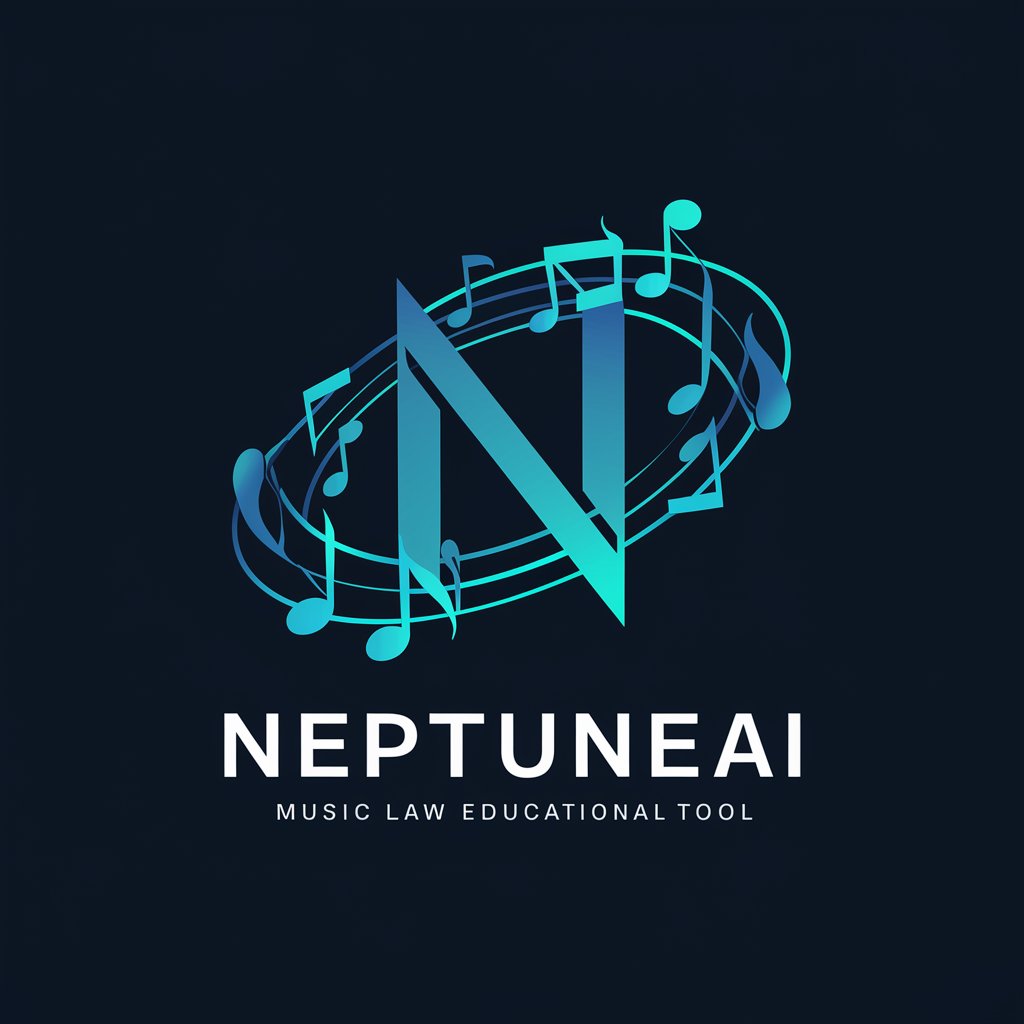
Space Invaders Tekno Sound
Craft Your Vision with AI-Powered Imagery
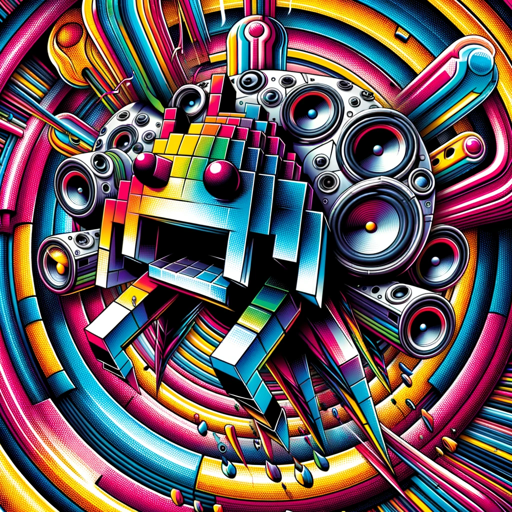
Contract Maestro
Empowering Music Contracts with AI
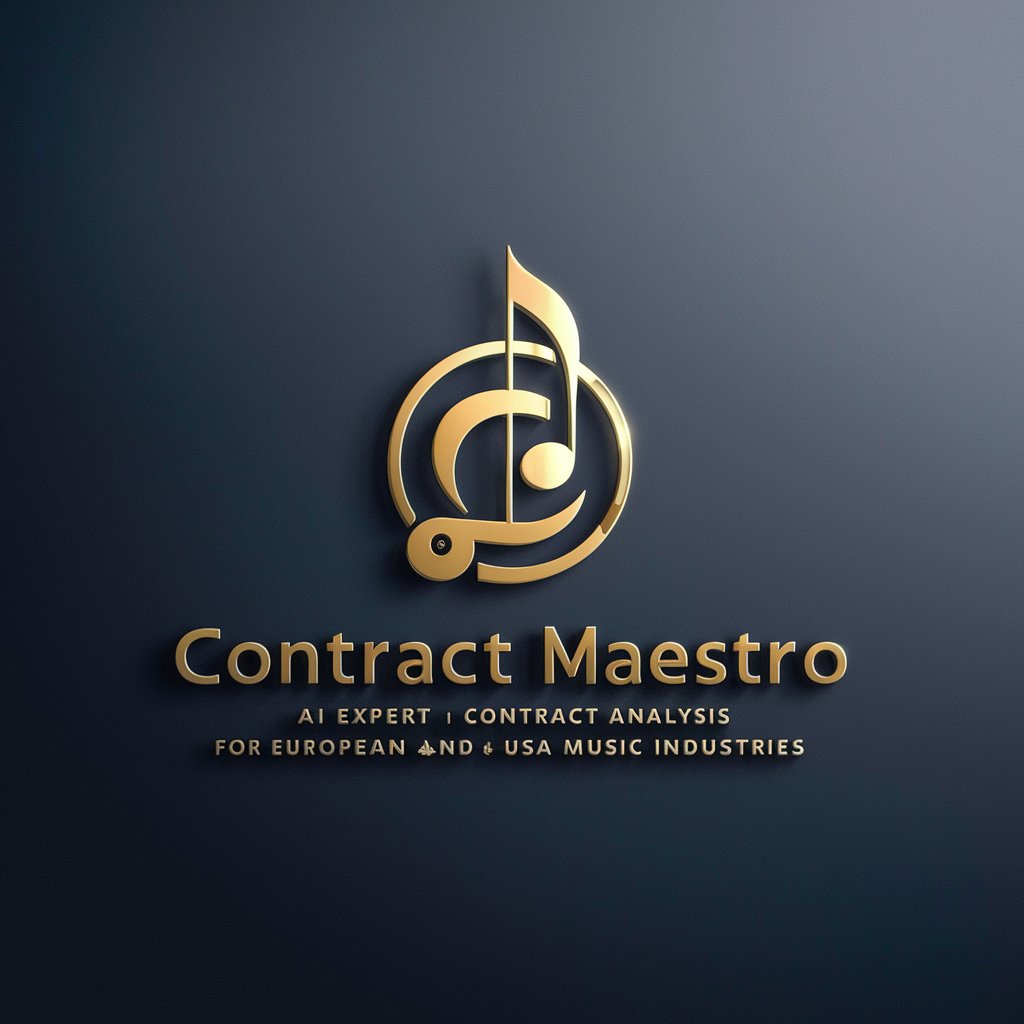
What Would Hov Do?
Harness AI to Think Like Hov
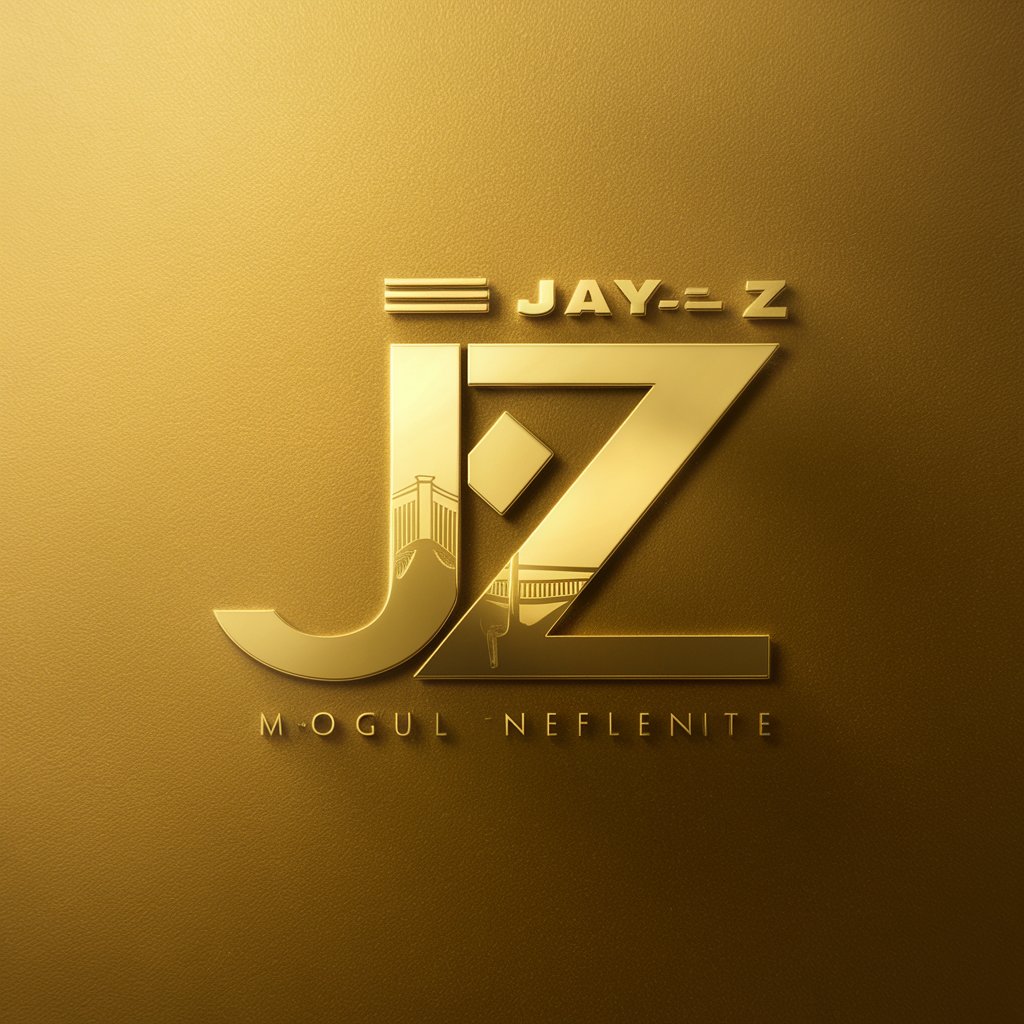
ForTheSoul Specialist
Elevate Your House Music Events with AI
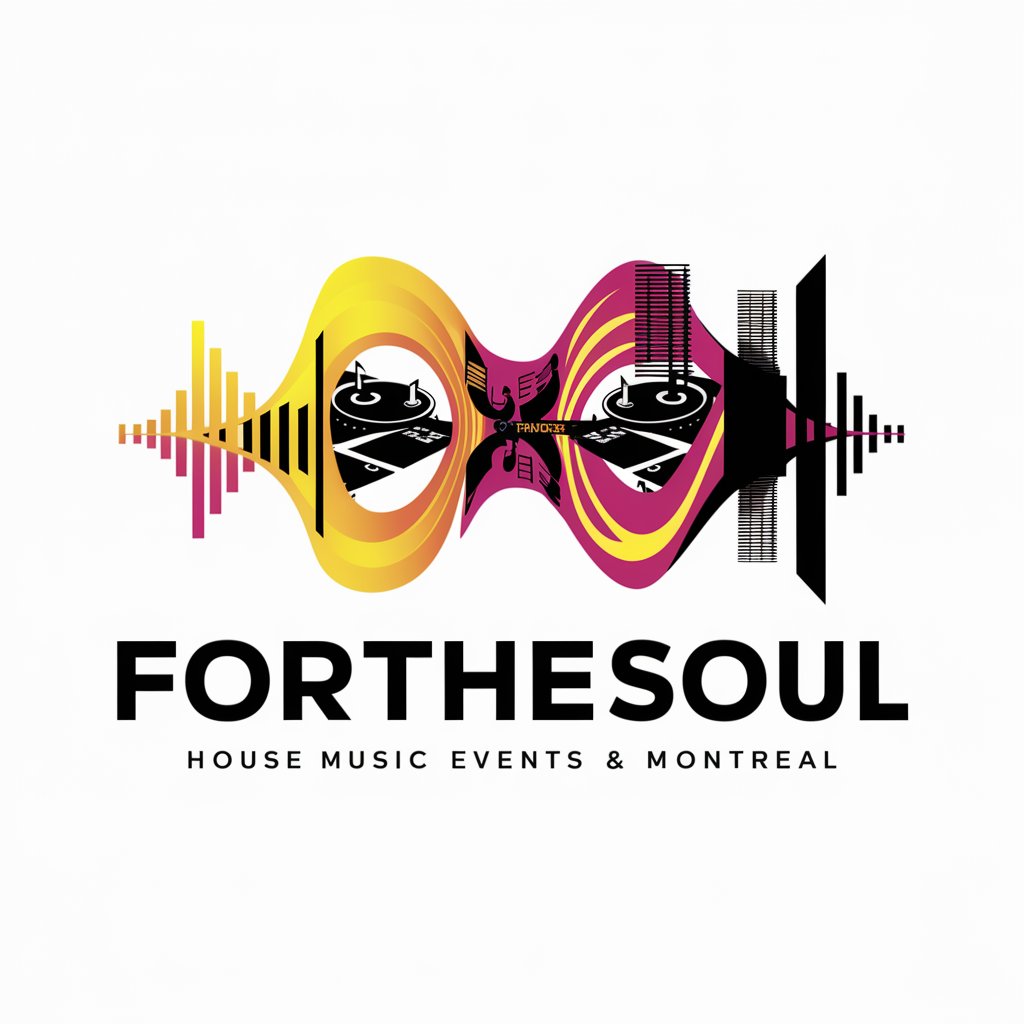
Dinner With Hov
Dine with Jay-Z, gain insights and advice

Key Attributes of AI GPTs in Music
AI GPTs designed for the Music Industry come with a set of distinctive features that set them apart. These include advanced language and audio processing capabilities, allowing them to understand and generate music-related content. They can analyze trends, predict market behaviors, and even assist in composing music. Their adaptability ranges from simple task automation to complex creative processes, making them versatile tools for various music industry applications. Special features may include sentiment analysis of lyrics, genre classification, and personalized music recommendation systems.
Who Benefits from Music Industry AI GPTs
The primary beneficiaries of AI GPTs in the Music Industry include musicians, producers, music marketers, and industry analysts. These tools are designed to be accessible to novices, offering intuitive interfaces and guidance, while also providing advanced functionalities for developers and professionals with technical backgrounds. This ensures that a wide range of users, from those with minimal coding skills to experienced programmers, can leverage these AI tools to enhance their work within the music sector.
Try Our other AI GPTs tools for Free
Cultural Themes
Discover how AI GPTs for Cultural Themes can transform your engagement with cultural content, offering insights, content generation, and educational tools for a global audience.
Transaction Assistance
Discover how AI GPTs transform transaction assistance, offering smart, adaptable solutions to streamline and secure your transaction processes.
Node Setup
Discover how AI GPTs revolutionize Node Setup with tailored, intelligent solutions for seamless management and optimization of node environments.
Composition Aid
Discover how AI GPTs for Composition Aid can revolutionize your writing process, offering tailored solutions for generating, editing, and enhancing content with ease.
Rehearsal Tool
Explore AI GPTs for Rehearsal Tool, your ultimate partner in mastering skills through personalized, interactive practice sessions powered by advanced AI technology.
Arrangement Assistant
Discover the revolutionary AI GPTs for Arrangement Assistant: Tailored AI tools enhancing efficiency in organization and arrangement tasks across diverse sectors.
Further Perspectives on Music AI GPTs
AI GPTs in the Music Industry represent a fusion of technology and creativity, offering customized solutions that can adapt to various music-related tasks. Their user-friendly interfaces ensure accessibility for a broad audience, while integration capabilities allow for seamless incorporation into existing digital environments, promising a transformative impact on the music creation, production, and distribution processes.
Frequently Asked Questions
What exactly are AI GPTs for the Music Industry?
AI GPTs for the Music Industry are specialized AI tools that utilize Generative Pre-trained Transformers to perform a variety of tasks tailored to the music sector, such as data analysis, content generation, and trend prediction.
How can AI GPTs benefit musicians or producers?
Musicians and producers can use AI GPTs for tasks like composing assistance, lyrics generation, trend analysis, and personalized feedback on their work, enhancing creativity and productivity.
Are these AI tools suitable for non-technical users in the music industry?
Yes, these AI GPTs are designed with user-friendly interfaces that allow individuals without technical expertise to utilize them effectively for various music-related tasks.
Can developers customize these AI GPTs for specific applications?
Absolutely. Developers can access more advanced features and APIs to tailor the AI GPTs for specific requirements or integrate them into existing systems and workflows.
What makes AI GPTs in Music different from general AI tools?
AI GPTs for the Music Industry are specifically designed with the nuances of music-related tasks in mind, including language and audio processing capabilities tailored to the creative and analytical needs of the sector.
Can AI GPTs generate original music?
Yes, some AI GPTs are capable of composing original music pieces based on certain inputs and parameters, aiding in the creative process.
How do AI GPTs handle copyright and intellectual property issues?
AI GPTs are programmed to respect copyright laws and intellectual property rights, ensuring that generated content is original or properly licensed where applicable.
What future developments can we expect in AI GPTs for the Music Industry?
Future developments may include more advanced compositional algorithms, deeper integration with production software, and enhanced predictive analytics for market trends and consumer preferences.